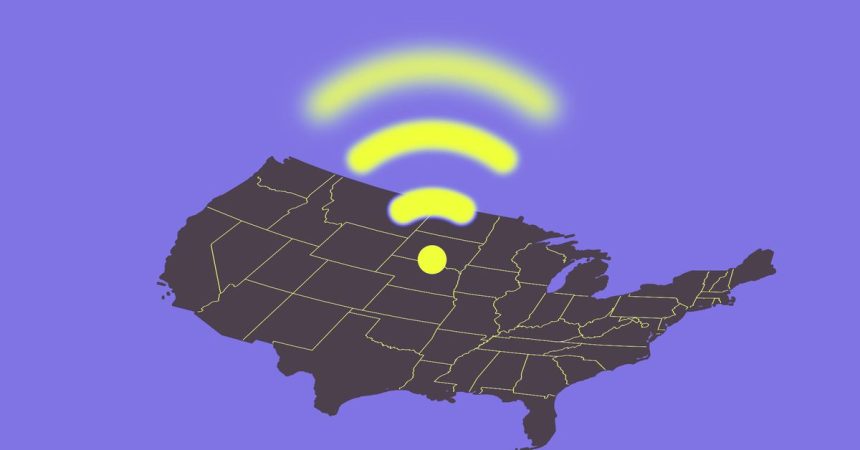The Sixth Circuit Court of Appeals has dealt a significant blow to net neutrality, overturning the Federal Communications Commission’s (FCC) attempt to reinstate the rules. The court found that the FCC lacked the authority to classify internet service providers (ISPs) as common carriers under Title II of the Communications Act, a classification that would have allowed the agency to enforce net neutrality principles preventing ISPs from discriminating against specific internet traffic. This decision marks a pivotal moment in the ongoing debate over internet regulation and solidifies the trend of increased judicial scrutiny of agency interpretations of law, particularly in the wake of the Supreme Court’s rejection of the Chevron Doctrine.
The court’s decision hinges on its interpretation of the Communications Act. Rejecting the FCC’s broader interpretation, the judges focused on a literal reading of the statute, arguing that ISPs do not meet the criteria for common carrier classification. They dissected terms like “offering of a capability” and “information services,” drawing sharp distinctions between these and more heavily regulated “telecommunications services.” The judges argued that ISPs merely transmit information created by users, rather than creating or accessing the information themselves, and therefore fall outside the scope of common carrier regulation. This narrow interpretation underscores the court’s assertion of its own interpretive authority over that of the FCC, a trend facilitated by the demise of Chevron deference.
The demise of Chevron deference, a legal principle that previously directed courts to defer to agency interpretations of ambiguous statutes, played a crucial role in this decision. The Supreme Court’s 2024 rejection of Chevron empowered courts to assert their own interpretations of statutes, even in areas of technical expertise traditionally delegated to agencies. The Sixth Circuit explicitly acknowledged the FCC’s expertise in internet regulation but maintained that this expertise could not override the court’s interpretation of the statute’s “plain meaning.” This shift in the balance of power between courts and agencies has had far-reaching implications, with net neutrality emerging as a prominent casualty.
This ruling was anticipated, particularly given the ongoing lawsuit filed against the FCC by broadband industry associations and the court’s prior decision to block the net neutrality rules from taking effect. During oral arguments, the Republican-appointed judges on the Sixth Circuit panel expressed skepticism about the FCC’s interpretation of the Communications Act and its reliance on agency expertise. The timing of the decision, just weeks before the inauguration of a president historically opposed to net neutrality, further suggests that this may mark the end of efforts to reclassify broadband providers as common carriers, at least in the near term.
The decision has elicited strong reactions from stakeholders on both sides of the net neutrality debate. FCC Chair Jessica Rosenworcel expressed disappointment and urged Congress to codify net neutrality principles into law, emphasizing the public’s desire for an open and fair internet. Conversely, Republican Commissioner Brendan Carr and former FCC Chair Ajit Pai celebrated the ruling as a victory against government overreach and an affirmation of their long-held opposition to net neutrality regulations. These divergent perspectives underscore the deep political divisions surrounding internet regulation and the likelihood of continued debate on this issue.
The Sixth Circuit’s decision effectively closes the door, for now, on the FCC’s attempts to reinstate net neutrality rules through the common carrier classification route. The focus now shifts to Congress, where proponents of net neutrality face an uphill battle given the political climate. While the future of net neutrality remains uncertain, this ruling highlights the significant impact of the Supreme Court’s decision to overturn Chevron deference, empowering courts to reshape the regulatory landscape in areas of significant economic and social consequence. The interplay between judicial interpretation, agency expertise, and legislative action will continue to shape the future of internet regulation in the United States.



